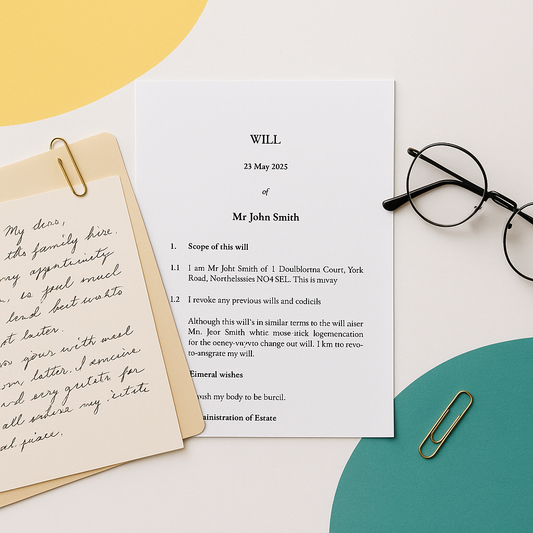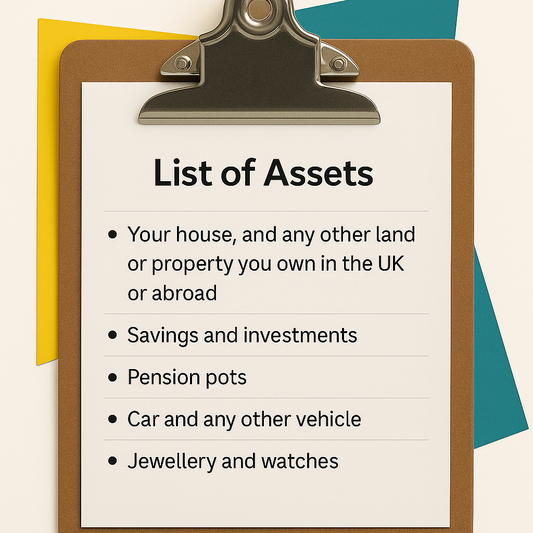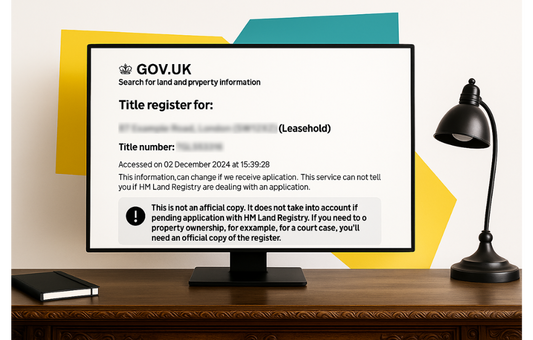When it comes to estate planning, some people wonder whether it may be beneficial to gift their house to their children to reduce the inheritance tax burden. In some circumstances, it can be worthwhile. But most of the time, it doesn’t quite have the consequences that people intended.
Let’s have a look at some of the finer details.
Can you make the gift?
The first question is: can you actually make the gift?
You can only make the gift if you own the home outright and you do not have an outstanding mortgage.
Making the gift before you die
Gifting your property (if it is your main residence) to your children in your lifetime may be a way to avoid inheritance tax after you die.
But this is only the case if you survive seven years from the date of the gift. If you pass away in less than three years after the gift, the full 40% of inheritance tax on your estate’s value above £325,000 becomes payable. After that, it’s a sliding scale in terms of the percentage of inheritance tax due.
However, there are added complications with this strategy.
If you gift your home to your children and you continue to live in the property, then HM Revenue and Customs will class it as a ‘gift with reservation of benefit’, a GROB. That means that the value of the property will be included in your estate for inheritance tax purposes, and the entire purpose for making the gift is now redundant.
You can avoid this situation if you pay full market rent to your children to live in your property. This should be assessed every year by a specialist to verify that the rent is a true reflection of the market value. But paying rent is probably unappealing. Don’t forget that your children will also have to pay income tax on the rent that they receive from you too.
The other thing to bear in mind is the risk of relinquishing ownership in your home. Technically, your child could sell your home and turf you out. While this may seem unlikely, it is a genuine risk that should be considered. It is not unheard of. Perhaps more common is the situation in which your child is married and goes through a divorce. Then your home becomes an asset in the divorce proceedings. They could be forced to sell the home as part of the divorce and even if they don’t, you may not want your child’s ex-partner to have an interest in your home.

Transferring ownership of your home in the Will
Your estate only attracts inheritance tax when it exceeds £325,000 in value. On top of that, you benefit from the Residence Nil-Rate Band if your home forms part of the estate. That’s an additional £175,000, so you can pass a total of £500,000 tax-free on to your children.
Married couples can combine their allowances so that inheritance tax is only charged on the value of the estate about £650,000. This rises to £1 million if the estate includes the main home.
So, depending on the value of your home, your estate may not attract any inheritance tax when you die. If that’s the case, then there would be no need to take the risks associated with transferring your home to your children in your lifetime.
That said, every estate is different. We would need to have a look at your estate and your circumstances to give you accurate, personal advice.




